Because they have to be so popular to be successful, movies tend to be a really good barometer of how America feels. It's particularly telling when conservative movies are successful, since they have to navigate through the culture of limousine liberalism to even see the light of day.
Forrest Gump showed that America was ready to rethink the narrative on 1960s counter-culture. The Passion of the Christ showed Hollywood that, yes, there are people who go to church. And most recently American Sniper demonstrated that the token conservative Best Picture nomination could also be the most popular film of the year.
(Don't worry – Sniper still won Best Sound Editing. And as Best Sound Editing goes, so goes the nation.)
I've been thinking about this more since the release of the trailer for Batman v. Superman: Dawn of Justice, the sequel to 2013's grim Superman reboot, Man of Steel.
To put it mildly, the Internet has not been kind to this version of Superman, which is dark, gloomy, and even humorless by studio decree. Virtually every headline about it seems to be a punchline, particularly the joke that the focus-grouped title sounds more like a custody case than a movie.
See, there's this sense that Superman – a fixture of American pop culture since 1938 – needs to be about something. Three things, actually: truth, justice, and the American way. Superman was created to be about America. That's why he wears bright colors. His costume is supposed to look like a flag. Not like this:
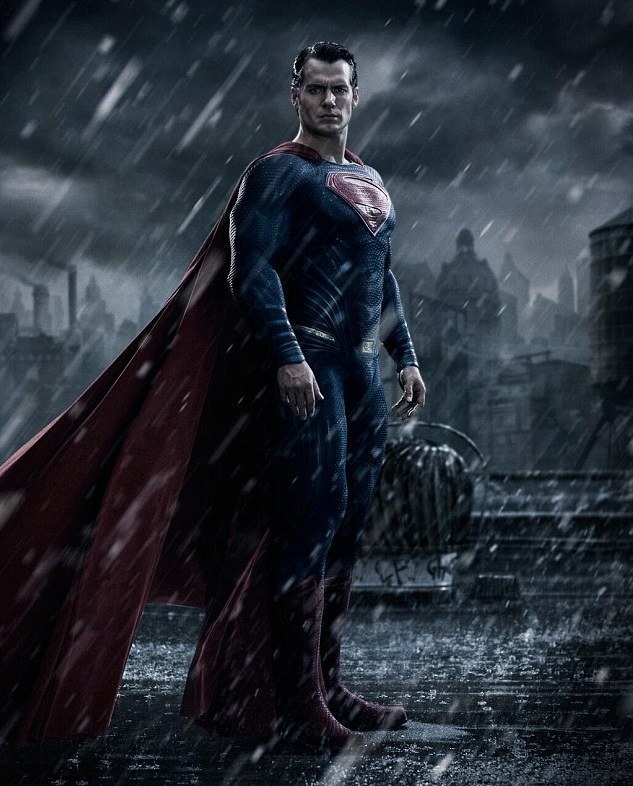
Indeed the YouTube channel VideoLab recently "color corrected" some video from Man of Steel to make it brighter, warmer, and more optimistic – so Superman looks, you know, like Superman.
As he was created and rose to popularity last century, Superman represented the muscular American foreign policy that literally saved the world from the twin evils of fascist Nazism and expansionist communism. He's a symbol for the good America can do when it abides by the values of truth and justice.
But the creative minds behind the character now don't want any kind of patriotic association with the character.
The irony of Man of Steel's missing the mark is that when Superman first flew onto movie screens it was to combat the post-Vietnam, post-Watergate cynicism of the 1970s. People wanted America to be America again, as this scene beautifully illustrates:
Superman: I'm here to fight for truth and justice and the American way.
Lois Lane: You're gonna end up fighting every elected official in this country!
Superman: I'm sure you don't really mean that, Lois.
The same optimistic, hopeful, enduringly American theme was resurrected in 2006 with the much-maligned Superman Returns, where Superman snatches an errant plane out of the air and deposits it safely on a baseball field – very clearly showing we wish Superman had saved us from 9/11, allowing us to innocently go on enjoying the American past-time.
Discussing this with a younger friend of mine recently, he rejected the idea of Superman as an American symbol. "Superman's supposed to be for the whole world!" he insisted – which is a reasonable opinion for someone who grew up after the Cold War had been won.
After the fall of the Soviet Union, we didn't need him to represent American military might anymore. So, without anything for him to symbolize anymore, his writers killed him in 1992. Of course, because he's such a valuable property, they had to bring him back. But they didn't know what to do with him. So they made him Jesus.
There's just one problem with this.
Superman isn’t Jesus
See unlike CS Lewis's Aslan, where the heavy usage of Christian imagery is meant to symbolize something (it was Christianity), sloppily ramrodding such symbolism into a Superman story doesn't work.
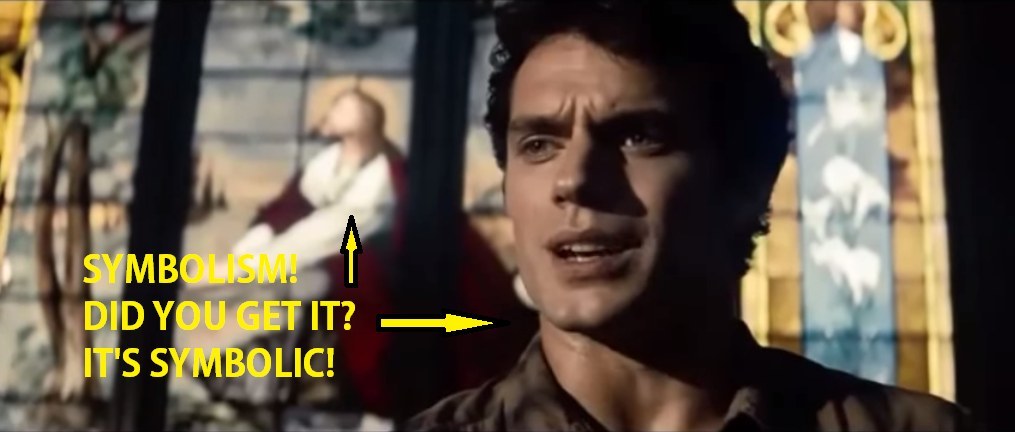
Yes, Superman came to Earth from "the heavens" and was raised by a mortal father. (Check) Yes, he has powers and abilities far beyond those of mortal men. (Double check) But substantively how is he Jesus? How does he redeem us from our sins? How can Krypton be heaven if it blows up?
Superman's coming from a doomed world to a relatively safe one, where he has opportunities he never could have imagined in his old life, has no parallels with Christianity. But it sounds a lot like the life of his two Jewish immigrant creators, Jerry Siegel and Joe Shuster, who might have otherwise died in Hitler's Europe had their families not fled to America.
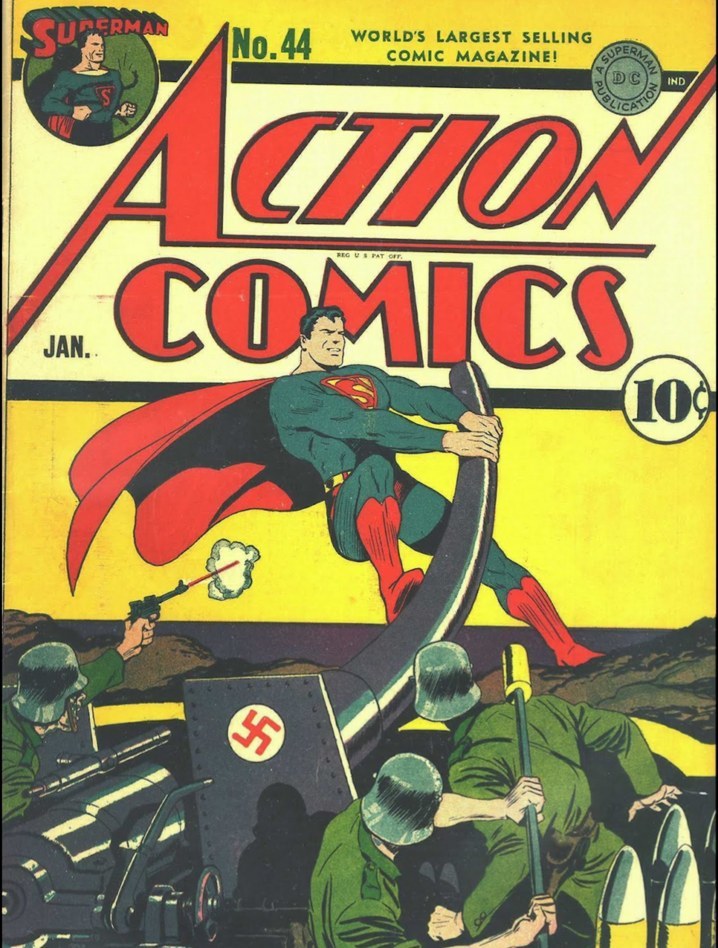
In every Superman tale, Earth values – specifically North American values – are always portrayed as superior to his native Krypton's. Even in Man of Steel, we see that every Kryptonian's destiny is decided before they're born, but on Earth Clark Kent can become whatever he chooses. There's a message here about American opportunity that was clearly lost on the people who wrote Man of Steel.
Krypton wasn't invented to symbolize heaven; Krypton symbolized war-torn, economically handicapped Europe. Superman isn't about Jesus, Superman is about America.
But when it comes to a super-hero who represents American exceptionalism there's one who maybe works a little better than Superman.
Hint: he has the word “America” in his name
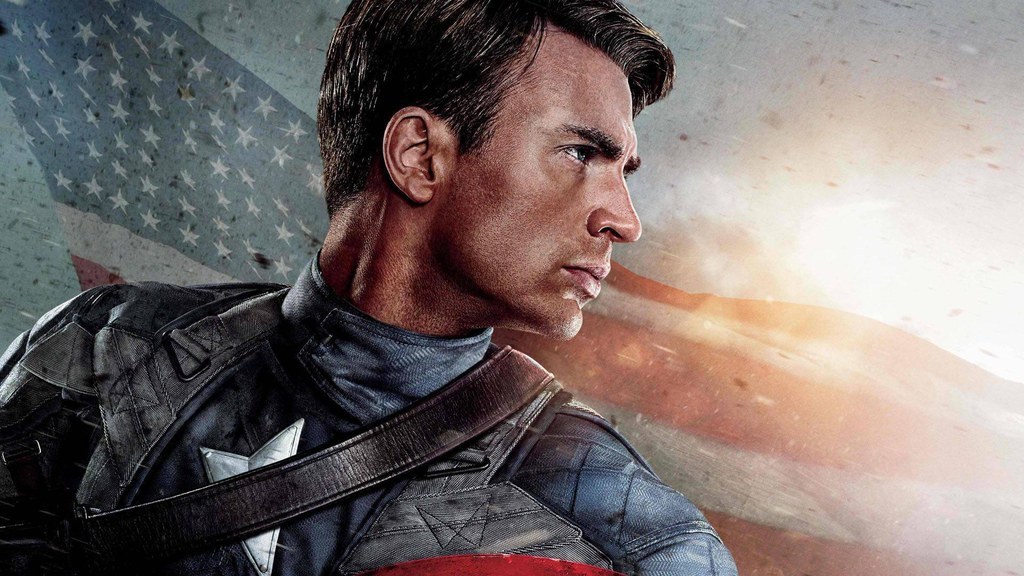
The same zeitgeist gave birth to both Captain America and Superman: America's need to stand up to Nazism. Superman's allegory for the American dream is more grandiose than Cap's, but both have the same message: America can turn anyone into a hero.
Both saw considerable popularity during WWII, but Cap's disappeared afterward while Superman's continued to soar. Superman's fantastical powers are more exciting – everyone wants to fly – and more apropos for a country dominating the nuclear age.
But nowadays, Captain America has become so popular that buzz around his next solo film, subtitled Civil War, seems to exceed buzz around this week's new Avengers film (which will certainly make more than $1 billion). Chris Evans' Captain America figures more prominently on Avengers promotional material than does Robert Downey Jr.'s Iron Man – despite the fact he's the highest-paid actor in the world. There's more space dedicated to Cap's shield than any of the other Avengers!
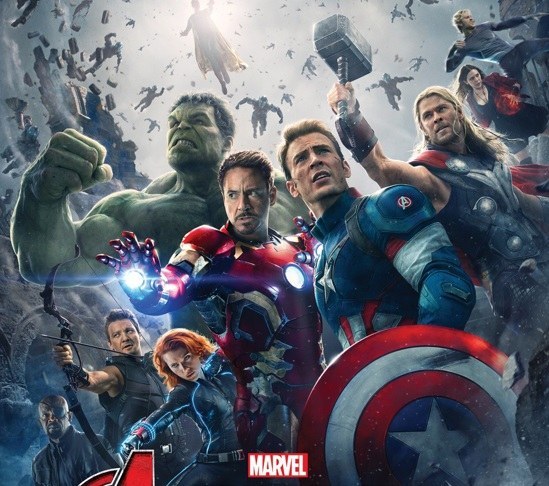
Meanwhile Superman can't even get top billing in his own sequel!
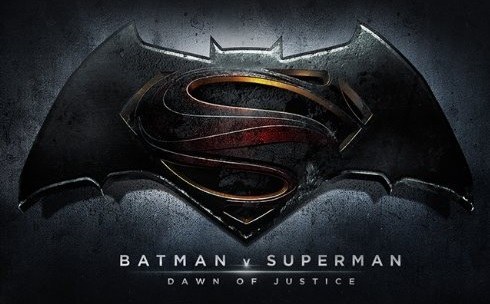
Terrified that a Superman sequel wouldn't perform, Warner Bros. (which owns DC Comics) brought in Batman as a ringer. Even then, they're so afraid of Cap's soaring popularity that when Marvel announced Civil War would open the same weekend as Batman v. Superman next May, Warner Bros. quickly decided to move their release date up to March. So in a staring contest between a colorful Captain America and a bleak Batman & Superman – the two most famous superheroes of all time – Captain America won.
Super-heroes and American exceptionalism
See people want a personification of American idealism that's idealistic, not one that's self-loathing, as illustrated by this small child clearly not dressed as Superman.

While DC is embarrassed of their flagship (no pun intended) patriotic character, Marvel isn't. Rather than try to hide the potentially dorky, old-fashioned aspect of Captain America, Marvel has taken complete ownership of it. Despite the insistence that his "S" stood for "hope" instead of "super," DC/WB gave us this hopeless image:
Whereas Marvel/Disney gave us this:
The desire for a darker, conflicted American hero might be born from the fact that our complicated, modern world has no Evil Empire to oppose. Certainly people don't still don't need to see an American super-hero who represents their foreign policy values, right? I mean … the challenges of dealing with terrorists and human traffickers are more complicated than just killing them, right?
On an unrelated note, here's a video of Iron Man killing terrorists and human traffickers:
Now this is not to say that the allegorical version of American exceptionalism presented in the Marvel Cinematic Universe is naïve or jingoistic. (Part of that is for business reasons – they want to appeal to as broad an international market as possible.) The villain in Captain America: The Winter Soldier was a shadowy American agency that had lost sight of its own values. Cap, the embodiment of 20th Century patriotism, had to save us from the mis-steps of 21st Century America.
Audiences want their patriotism tempered with realism – but part of that is the realism that if America does not lead globally, no one else will.
Why does this matter?
The popularity of a bright, optimistic Captain America and the rejection of a bleak, depressing Superman is a pretty good barometer for people's opinion about the US. Most of America wants us to use our power for good rather than be ashamed of our power and not use it at all.
I believe this is true for most of the rest of the world too. (Note that when global box office receipts are considered Captain America: The Winter Soldier came out almost $50 million ahead of Man of Steel.)
America is exceptional, America should be exceptional, and the world needs America to be exceptional at being exceptional.
In 2016, the candidate or party that can tap best tap into this enthusiasm for American exceptionalism will have the advantage. While I suspect that helps Republicans – given that their version of patriotism has always been more, well, patriotic – many Democrats too seem to prefer the philosophy of "There is nothing wrong with America that cannot be cured by what is right with America" than the bizarre anti-Americanism of the Obama years.
A desire for national pride is absolutely represented by our popular heroes, whether it's Captain America, Forrest Gump, or Chris Kyle. I'll point out that Superman II, which literally ends with our hero planting an American flag on top of the White House and apologizing to the president for his absence in a time of national crisis …
… was released one month before Ronald Reagan was inaugurated.
So enjoy the Avengers. It is poised to enjoy the biggest opening of all time. And if we're lucky, the Oscars will even bless it with a Best Sound Editing nomination.







